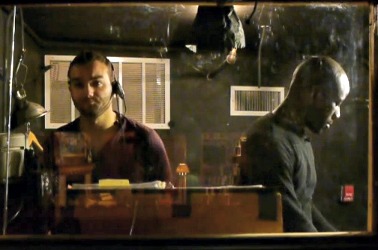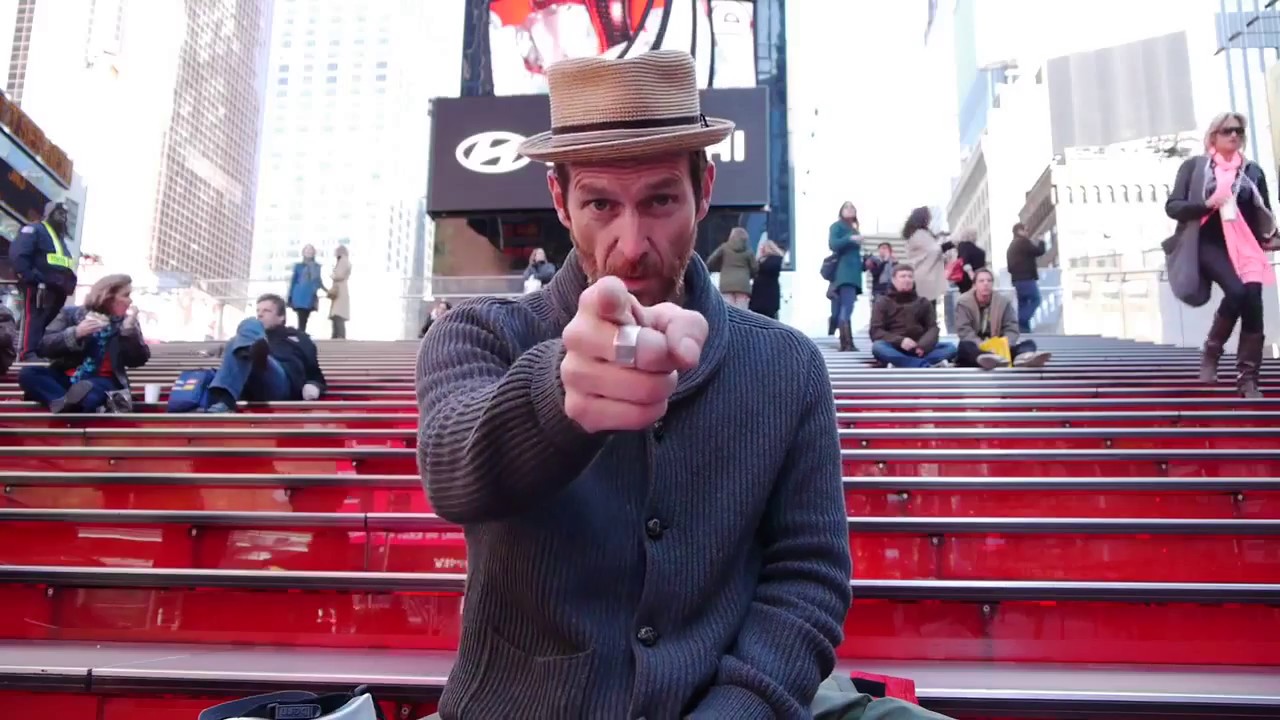Double take---no, it's not why all those Enron execs were put in jail.
The double take—looking at something, realizing what it is, then looking at it again in surprise—is an essential weapon in any comedian’s arsenal.
In the theatre, a “take” is a physical reaction that occurs upon noticing something. While the double take is the most famous example, other styles can be equally entertaining. The spit take, for instance, is a well-known reaction in which a performer spits a drink from his or her mouth after hearing or seeing something absurd.
The term “take” was borrowed from the film world. If anything went wrong while the camera was rolling, then the director would need to film the same scene again, or “take another shot.” A single shot of the camera, no breaks included, came to be called a take.
It might not seem like that has anything to do with the theatre, but looking at the term “double take,” it makes more sense. For a film director, “double take” means taking a second shot. For actors, it means taking a second look. Not so different, right?
Often, the most important part of a double take isn’t the physical reaction but what the actor is reacting to (though the physical action can be and often is hilarious). In some cases, the inspiration for a double take might be subtle situational irony, while other times it might be something more obvious, or even completely absurd. Seeing a celebrity, a low-cut dress, a gorilla on the loose—or perhaps seeing a celebrity gorilla in a low-cut dress—all these things would warrant double takes.
Who knows? Maybe you’ll see something today that will make you take a second look.
— Colin Groundwater
This video was made by Theatre Development Fund, along with cast members of Old Jews Telling Jokes and The Nance.
Here’s the team:
Theatre Development Fund is the nation’s largest not-for-profit service organization for the performing arts. Through a variety of programs and services that promote education, access and conversation, it ensures an enduring appreciation of and engagement with live theatre. In addition to operating the TKTS booth in Duffy Square and the satellite booths at South Street Seaport and in downtown Brooklyn, TDF’s theatre education, accessibility, affordable ticketing and audience development programs help to make the unique experience of theatre available to diverse audiences while supporting New York’s theatre industry. Since it was founded in 1968, TDF has provided over 80 million people with access to performances at affordable prices while returning over $2 billion in revenue to thousands of productions.

